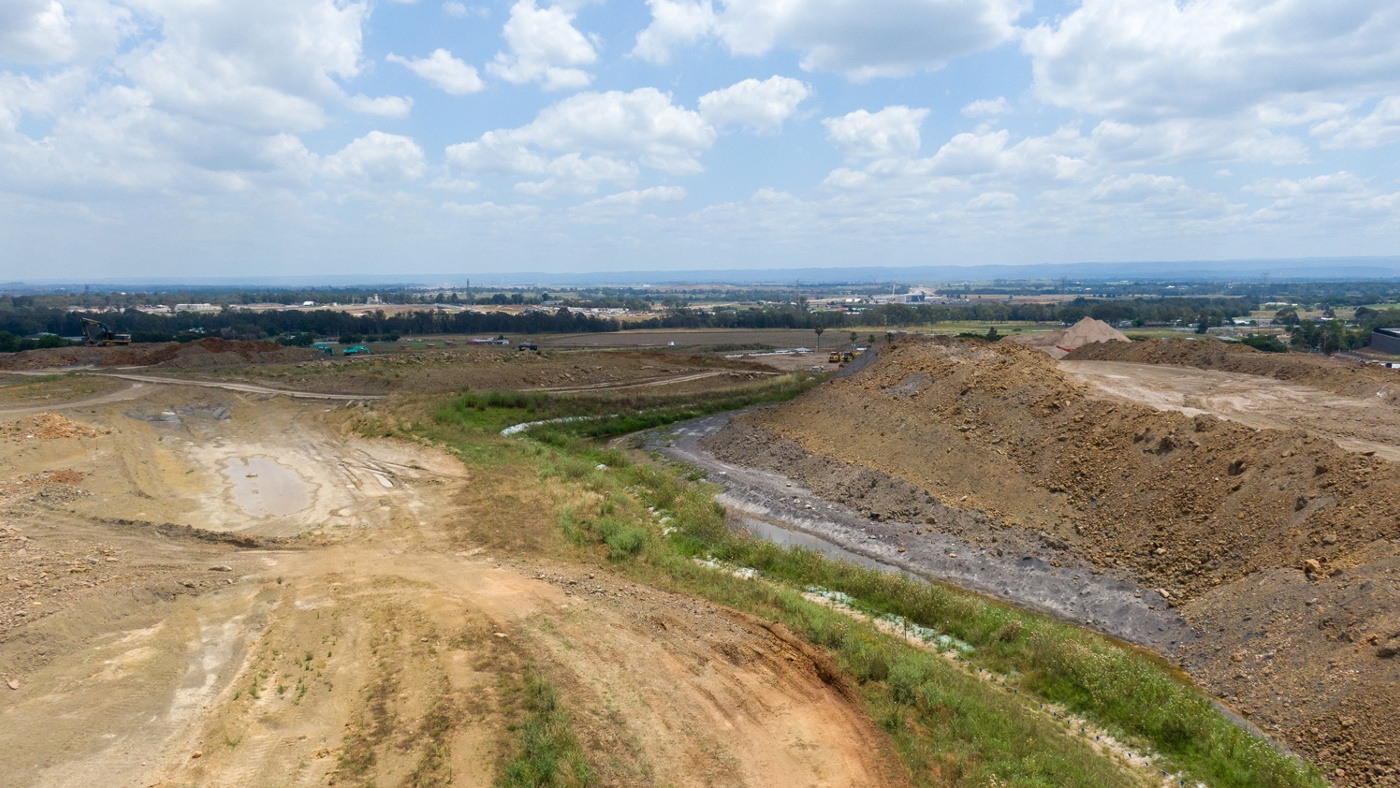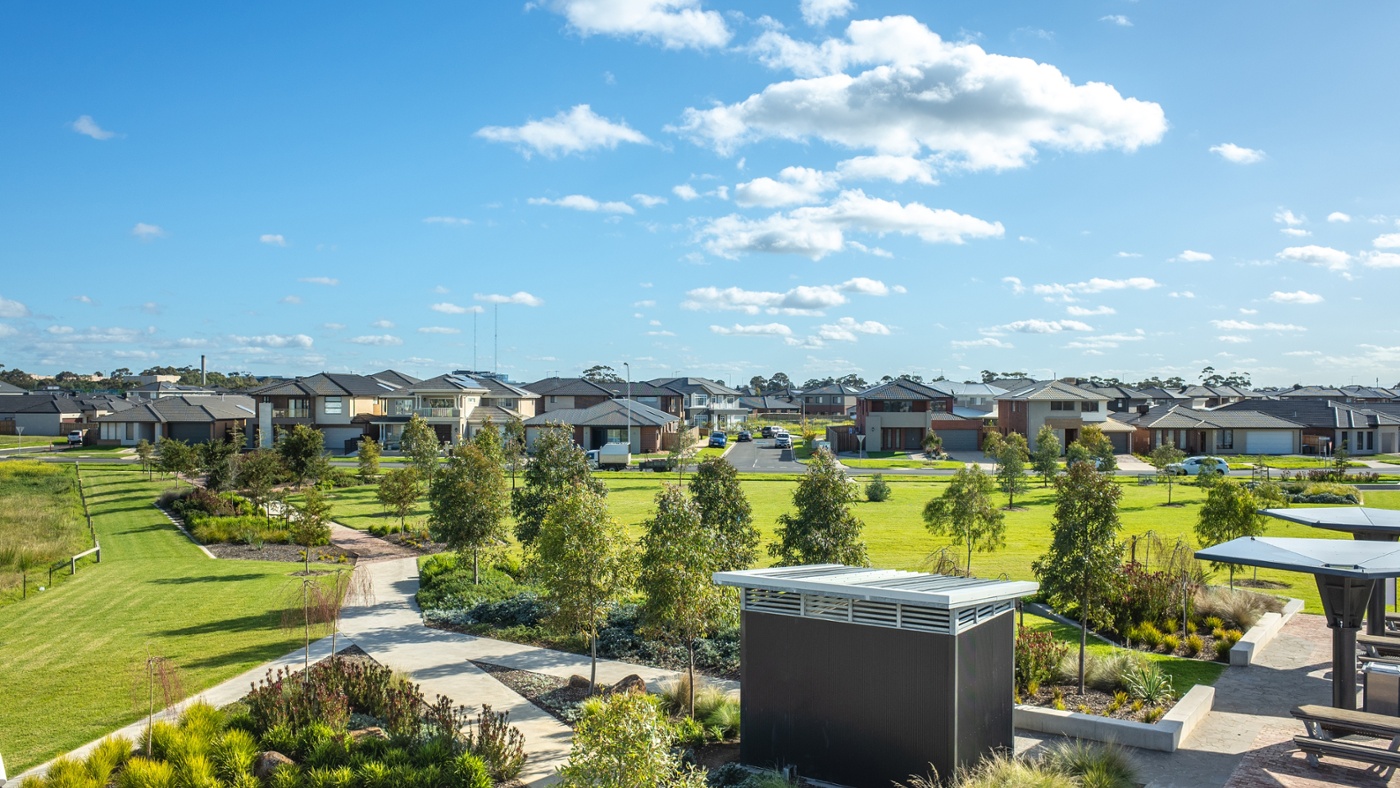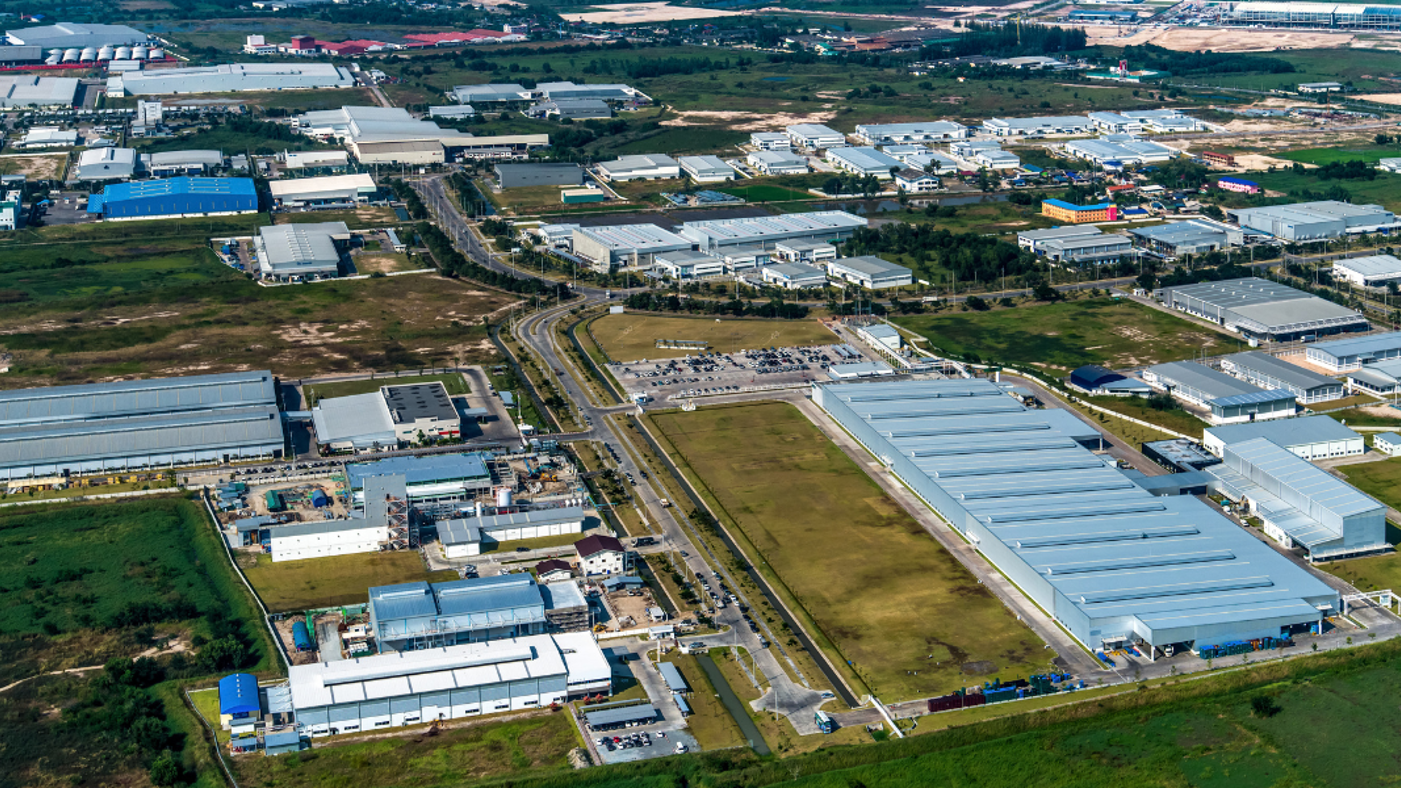As Brisbane, Sydney and Melbourne prepares for a transformative decade ahead, the Future2034 Developer Series was a pivotal opportunity for developers seeking to understand the upcoming key opportunities and challenges set to influence the evolving landscape of our cities.
The events offered an in-depth exploration of the critical factors shaping each city’s future, focusing on economic and demographic trends, key infrastructure projects, and the evolution of urban renewal precincts. Leading the discussions were our Economic Directors - Sean Stephens (Brisbane), Lee Cikuts (Sydney) and Chris McNeill (Melbourne) - who provided city-specific insights, including forecasts and projections essential for guiding the development landscape.
At Ethos Urban, our urban economics team are specialists in analysing the dynamics of people, places and spaces and the many policies and factors that determine the structure and performance of our cities and regional areas. Through evidence-based research, we empower our clients to make informed, practical decisions at all parts of the development cycle from Origination to Operation.
But that's not all we do. Ethos Urban is an award-winning Australian consulting firm that works with property developers, landowners, investors and government to tackle the challenges and opportunities of urbanisation. We offer services in urban planning, design, social strategy and stakeholder engagement. Our unique holistic approach helps clients overcome development complexities, streamline approval processes, and create resilient urban solutions that meet objectives and promote sustainable community wellbeing.
The gamechangers developers need to know
1. Demographics
The ageing population is identified as a major demographic shift for developers over the next decade. Despite high levels of international migration, Australia will need to accommodate over 1.2 million additional people aged 65 and older within ten years. This demographic shift necessitates a re-evaluation of living arrangements, emphasising multi-generational living and enhanced lifestyle amenities to meet the expectations of the ageing baby boomer cohort.
2. Economics
The geopolitical environment poses significant economic risks, destabilising the globalisation trends that have influenced economic conditions for decades. Developers must focus on building economic resilience, planning for a fragile global economic climate, and adapting to changes such as increased technology connectivity, on-shore manufacturing, and supply chain resilience.
3. Planning
The transition towards mixed-use development and densification is seen as the biggest planning shift. The outdated single-use zoning system is evolving to support modern urban environments. Developers are tasked with proving the viability of mixed-use and density concepts, delivering high-quality projects that offer community and economic benefits.
4. Transport
Major rail transport projects, including Sydney's Metro and Melbourne's Suburban Rail Loop, are set to reshape the urban environment. These projects will enhance city amenities and access, facilitating growth and development across various sectors. The focus is on leveraging transit-oriented development to support increased density in high-amenity locations.
5. Infrastructure
Australia's move towards sustainable and renewable energy infrastructure is a critical national focus. With abundant natural resources, the country is poised to lead in renewable energy generation. This transition requires collaboration between all levels of government and developers to build the necessary infrastructure.
6. Emerging Technology
Automation is highlighted as a significant technological influence on urban development. From autonomous vehicles to 3D construction, automation will impact development timelines and costs. Developers must incorporate flexibility to adapt to evolving technology requirements, ensuring they remain at the forefront of industry changes. The Future2034 event underscored the importance of strategic planning and innovation in addressing the challenges and opportunities that lie ahead for Sydney's development landscape. As developers, embracing these insights will be crucial in shaping a sustainable and prosperous future for the city.
The Future2034 events highlighted key trends and shifts that developers must consider to stay ahead in a rapidly evolving urban landscape. Addressing these insights and adapting strategies accordingly will be essential for navigating the complexities of future development.
Should you have any further questions or wish to continue the conversation, please reach out to our team of experts.
Related Insights

How Immigration Shapes Housing Choices in Victoria?

NSW Low and Mid-Rise Housing Reforms

NSW Government Releases Industrial Lands Action Plan







